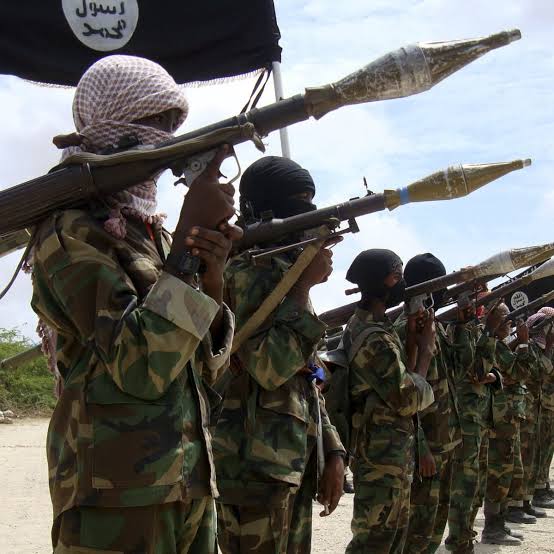Facebook Twitter (X) Instagram Somali Magazine - People's Magazine
The Islamic State (IS) group has claimed responsibility for a deadly attack on a Puntland military base in northeastern Somalia. The attack, carried out on January 1, 2025, highlights the growing threat posed by IS in the region, fueled by an influx of foreign fighters and increased financial resources.
Details of the Attack
IS announced the attack via its Telegram channel, stating that 12 militants and two explosive-laden vehicles were used in the operation. According to the group, the assault resulted in the deaths of 22 Puntland military personnel and left dozens injured.
However, Somali security forces provided a different account. On the same day, Capt. Yusuf Mohamed of Puntland’s counter-terrorism forces reported that nine suicide bombers had been killed, with several soldiers injured near Dharjaale, a town in the Bari region. The discrepancy in casualty figures underscores the challenges in verifying information from conflict zones.
Puntland: A Strategic Battleground
The Puntland region, located in northeastern Somalia, has long been a hotspot for militant activity due to its strategic location. It borders Ethiopia and lies just across the Gulf of Aden from Yemen, making it a key transit point for fighters and weapons.
IS-Somalia, which officially emerged in 2017, has been based in the mountainous areas of Puntland. For years, it was considered a minor threat compared to al-Shabaab, an al-Qaida affiliate controlling large portions of southern Somalia. However, IS has since grown in strength, leveraging an influx of foreign fighters and revenues from local extortion.
Global Implications of IS-Somalia’s Growth
Security analysts warn that IS-Somalia has transformed into a vital part of the jihadist group’s global network. Some media reports have even named its leader, Abdulqadir Mumin, as a significant figure in IS’s worldwide operations.
The group’s rise has been attributed to its ability to attract foreign fighters from countries such as Ethiopia, Morocco, Sudan, and Syria. These fighters often bring combat experience and ideological fervor, enabling IS-Somalia to execute sophisticated attacks like the recent assault on the Puntland base.
“IS-Somalia has become the nerve center for Islamic State operations in Africa,” one analyst noted.
Efforts to Counter the Threat
Puntland’s security forces have intensified efforts to combat IS and its rival, al-Shabaab. In recent months, authorities intercepted five kamikaze drones reportedly intended for militant use. Such operations demonstrate Puntland’s commitment to addressing the growing terrorist threat but also highlight the persistent challenges in curbing militant activities.
Despite these efforts, IS continues to exploit Puntland’s resources. The group generates significant income through the extortion of local businesses and uses the funds to support other IS branches in Africa.
Broader Regional Concerns
The attack in Puntland underscores the broader implications of IS-Somalia’s growth for regional and global security. Foreign fighters in Somalia often pursue ambitions that extend beyond local grievances, raising concerns about the potential for international attacks.
“An influx of foreign fighters increases the risk of external attack aims,” said one security expert. “These fighters may return to their home countries to organize plots, further radicalized by their experiences in active conflict zones.”
Call for Coordinated Counterterrorism Efforts
The recent attack serves as a grim reminder of the urgent need for coordinated counterterrorism efforts in Somalia and beyond. As IS-Somalia solidifies its foothold in Puntland, it poses a growing threat not only to Somalia but also to neighboring countries and the wider international community.
This incident highlights the critical importance of addressing the root causes of extremism and strengthening regional cooperation to dismantle terrorist networks.

